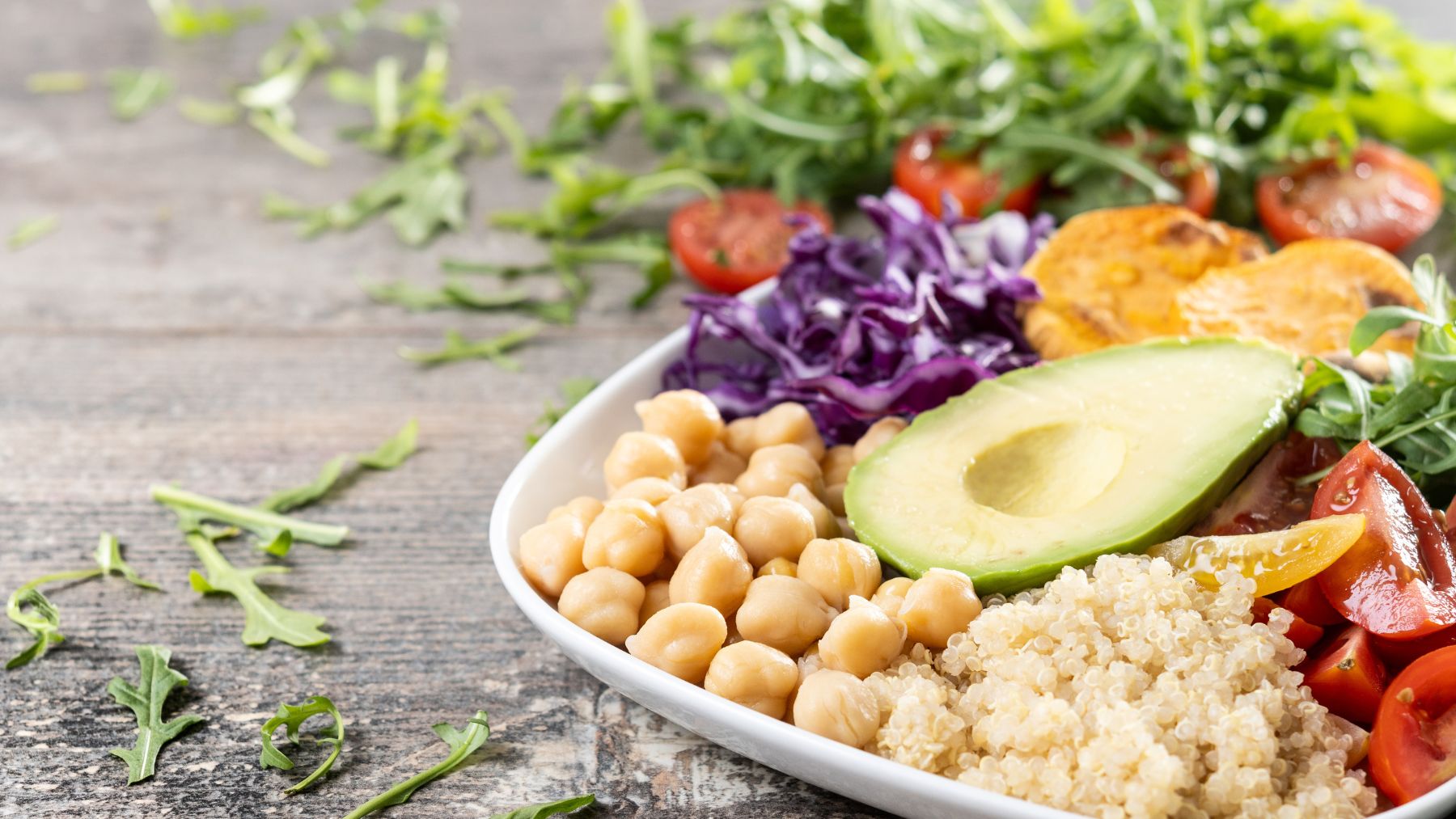You don’t need to load your plate with meat every day to meet your protein goals. In fact, experts warn that too much red meat can raise inflammation, speed up aging, and increase the risk of chronic illness.
That’s why plant-based protein sources are becoming a smarter choice for many people. They offer not only protein, but also fiber, healthy fats, and compounds that fight inflammation—without the risks tied to heavy meat consumption. According to Dr. Steven Gundry, a heart surgeon and author, there are six meat-free options that stand out.
The best high-protein foods without meat, according to a heart surgeon
Nutrition research suggests that non-meat protein sources can benefit overall health, longevity, and brain function. Dr. Gundry highlights six plant-based picks he often recommends:
1. Lentils
Lentils top the list for their high protein content and low calories compared to other legumes. They’re also rich in resistant starch and prebiotic fiber, which support gut health.
Pro tip: Soak or pressure-cook lentils to reduce lectins and boost nutrient absorption. They work well in soups, stews, or veggie burgers.
2. Hemp protein
Hemp seeds are a complete plant protein, offering all nine essential amino acids. They’re also loaded with omega-3s, magnesium, and fiber.
Pro tip: Choose organic, cold-pressed hemp protein without added sugar. Hemp hearts are great for sprinkling on salads or vegetables.
3. Barù nuts
Native to Brazil, these nuts provide more protein per serving than most others. They also bring antioxidants, fiber, and a unique nutty crunch.
Pro tip: Hard to find in some stores, but available online. Their flavor is somewhere between peanuts and almonds.
4. Spirulina
This blue-green algae is among the most protein-dense foods by weight, with nearly 70% protein. It also offers iron, B vitamins, and phycocyanin, an antioxidant that supports brain and immune health.
Pro tip: Add spirulina powder to smoothies or juices. Chlorella is a good alternative.
5. Flaxseed
Often overlooked, flaxseeds supply plant protein, omega-3s, and lignans with hormone-balancing effects. But whole seeds pass through undigested, so always opt for ground flax.
Pro tip: Grind fresh flaxseeds as needed for better flavor and nutrients. Use them in smoothies, salads, or quick breakfast recipes.
6. Sorghum
This ancient grain offers a sweet, nutty taste and packs 21 grams of protein per cup—more than double that of quinoa. It also contains more iron than steak and is naturally lectin-free.
Pro tip: Try sorghum flour for gluten-free baking, or use sorghum pasta for a protein-rich meal.
A heart-healthy approach to protein
While cutting back on meat isn’t for everyone, Dr. Gundry emphasizes that diversifying protein sources can reduce inflammation and support long-term health. Plant-based proteins provide key nutrients while protecting the gut and brain, making them a valuable addition to any diet.
For anyone looking to shift toward a more plant-forward lifestyle, these six foods are a powerful place to start—offering both nutrition and flavor, no meat required.
Making small swaps, like replacing one meat-based meal with a plant-based protein option, can add up over time. Even gradual changes may improve energy levels, digestion, and overall well-being, proving that you don’t need meat at the center of your plate to feel satisfied and strong.

